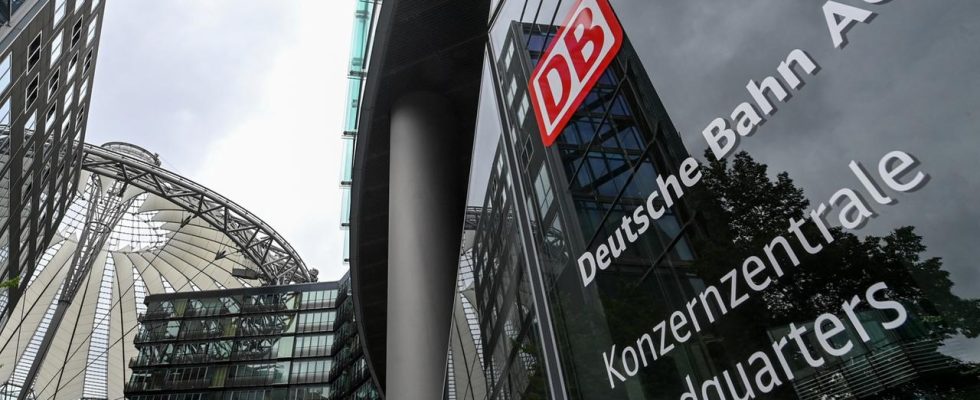So far, the GDL has been particularly criticized in the public debate about the rail tariff dispute. Thuringia’s Prime Minister Ramelow, on the other hand, sees the railway as primarily responsible. The management must “legally disarm”.
Thuringia’s Prime Minister Bodo Ramelow was twice an arbitrator in collective bargaining disputes between Deutsche Bahn and the train drivers’ union GDL. In the current dispute he shows understanding for the actions of the GDL.
“Only when the railway board understands that a legal war has already been lost by starting it, when he carries out this part of the disarmament, will there be a chance of reaching arbitration,” the left-wing politician told the news agency dpa. “The losers in the process are the railway customers. But the railway board bears responsibility for this.”
Left-wing politician Ramelow (archive photo) argues similarly to GDL boss Weselsky and accuses the railway management of serious mistakes.
Arbitrator in 2015 and 2017
Ramelow was an arbitrator in rail tariff conflicts in 2015 and 2017 together with the SPD politician Matthias Platzeck. “Yes, as someone who has done the arbitration twice, I wouldn’t have believed that the railway board would make the same mistake again the third time,” said Ramelow.
However, he now assumes “that the railway board is about to make the same pile of shambles again by believing that it can destroy the GDL as an organization.” That is the real conflict. “And so far that has always led to solidarity from the train drivers. They didn’t let their organization be destroyed,” said Ramelow.
“Collective labor law is part of democracy”
Ramelow thus agrees with a central argument from GDL boss Claus Weselsky, who accuses the railway board of waging a “campaign of destruction” against his union. Ramelow said in the dpa interview that the train drivers were fighting for the existence of their collective bargaining organization. “And whoever tries to destroy them is pushing this strike further and further.”
Regarding the discussion about restrictions on the right to strike, Ramelow said that the GDL applies constitutional law. “I don’t know whether we suddenly see the use of a constitutional right as annoying, because then democracy also becomes annoying, then everything that doesn’t work so well becomes annoying.” There is talk of tightening the right to strike, which should only apply to critical infrastructure companies – for example, that strikes must be announced with a certain advance notice.
Ramelow said he understands the people who suffered from the work stoppages. “No trip can be planned at the moment. And in this respect, a strike is always an interference with the normal processes of life,” said Ramelow. GDL chairman Weselsky represents “the contract that contains the rules”. Collective labor law is part of democracy.
Criticism of GDL from politics and business
So far, it has mainly been the GDL that has been criticized, especially since Weselsky has been relying on “wave strikes” without early notice. Business representatives described the actions as an abuse of the right to strike and a burden on Germany as a business location. The railway spoke of an unreasonable expectation for millions of rail passengers and the economy. Passenger associations also criticized the GDL’s strike tactics.
There were also sharp comments from politicians towards the GDL. Federal Transport Minister Volker Wissing (FDP) described the conflict as increasingly incomprehensible. “Anyone who makes use of the right to strike must also take responsibility and that means negotiating constructively.”
Habeck: “We can’t afford that at the moment”
Meanwhile, Federal Minister of Economics Robert Habeck was critical of the current large number of strikes in Germany. At the moment there are a little too many strikes or campaigns for less and less work, said the Green politician. “And we really can’t afford that at the moment.”
Habeck did not mention any specific collective bargaining conflicts. In the deadlocked dispute at Deutsche Bahn, the train drivers’ union GDL is on strike to demand a reduction in working hours to 35 hours per week. In a moderation, the railway accepted a compromise proposal. This envisaged reducing working hours to 36 hours in two steps. The GDL rejects this.

